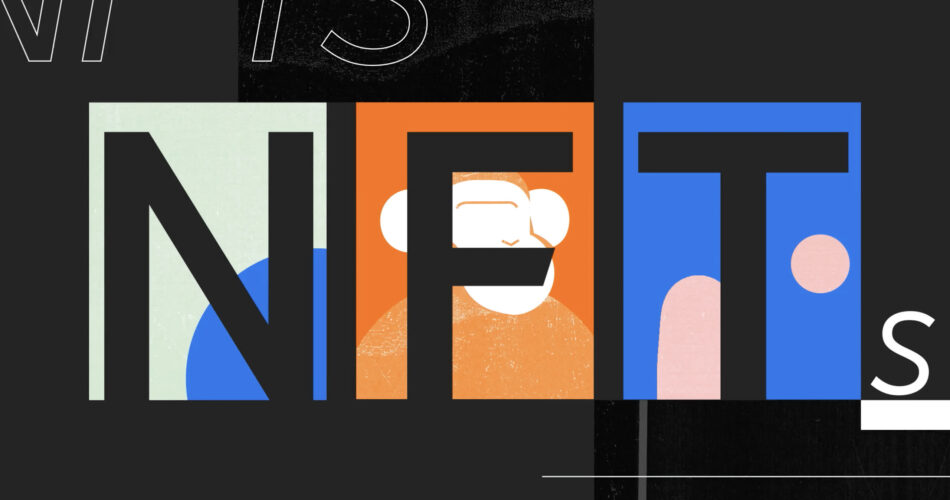In brief: A marketplace famous for selling an NFT of former Twitter CEO Jack Dorsey’s first tweet for $2.9 million has suspended the majority of transactions due to people selling counterfeit digital assets. Cent says the practice was “rampant,” forcing it to halt the buying and selling of most NFTs on February 6.
Cent had been overrun with people making unauthorized copies of other NFTs and selling the tokens, using content that does not belong to them to make new NFTs, and selling NFTs that had been made to resemble other tradable assets.
“There’s a spectrum of activity that is happening that basically shouldn’t be happening – like, legally,” Cent CEO and founder Cameron Hejazi told Reuters. “It kept happening. We would ban offending accounts but it was like we’re playing a game of whack-a-mole […] Every time we would ban one, another one would come up, or three more would come up.”
Cent’s 150,000 members can still use its Valuables marketplace to purchase non-fungible tokens of tweets.
Fakes remain one of the biggest problems among NFT buyers and sellers. The largest non-fungible token marketplace, OpenSea, recently limited the number of NFTs people could create using its free minting tool to 50. It later said that over 80% of the NFTs created using this feature were counterfeit, used plagiarized content, or were spam. However, OpenSea reversed its decision and lifted the limit following an outcry from users.
Every decision we make, we make with our creators in mind. We originally built our shared storefront contract to make it easy for creators to onboard into the space.
— OpenSea (@opensea) January 27, 2022
“I think this is a pretty fundamental problem with Web3,” Hejazi said. “We realized that a lot of it is just money chasing money.”
Few tech subjects are as controversial as NFTs right now. We heard last month about people selling NFTs featuring stolen images of influencers and YouTube gaming stars, while proponent Ubisoft said naysayers just “don’t get it.” But there have been more cases of companies reversing their digital asset plans following public backlash, and not everyone thinks they’re a good idea: Indie game marketplace itch.io called NFTs “a scam.”




